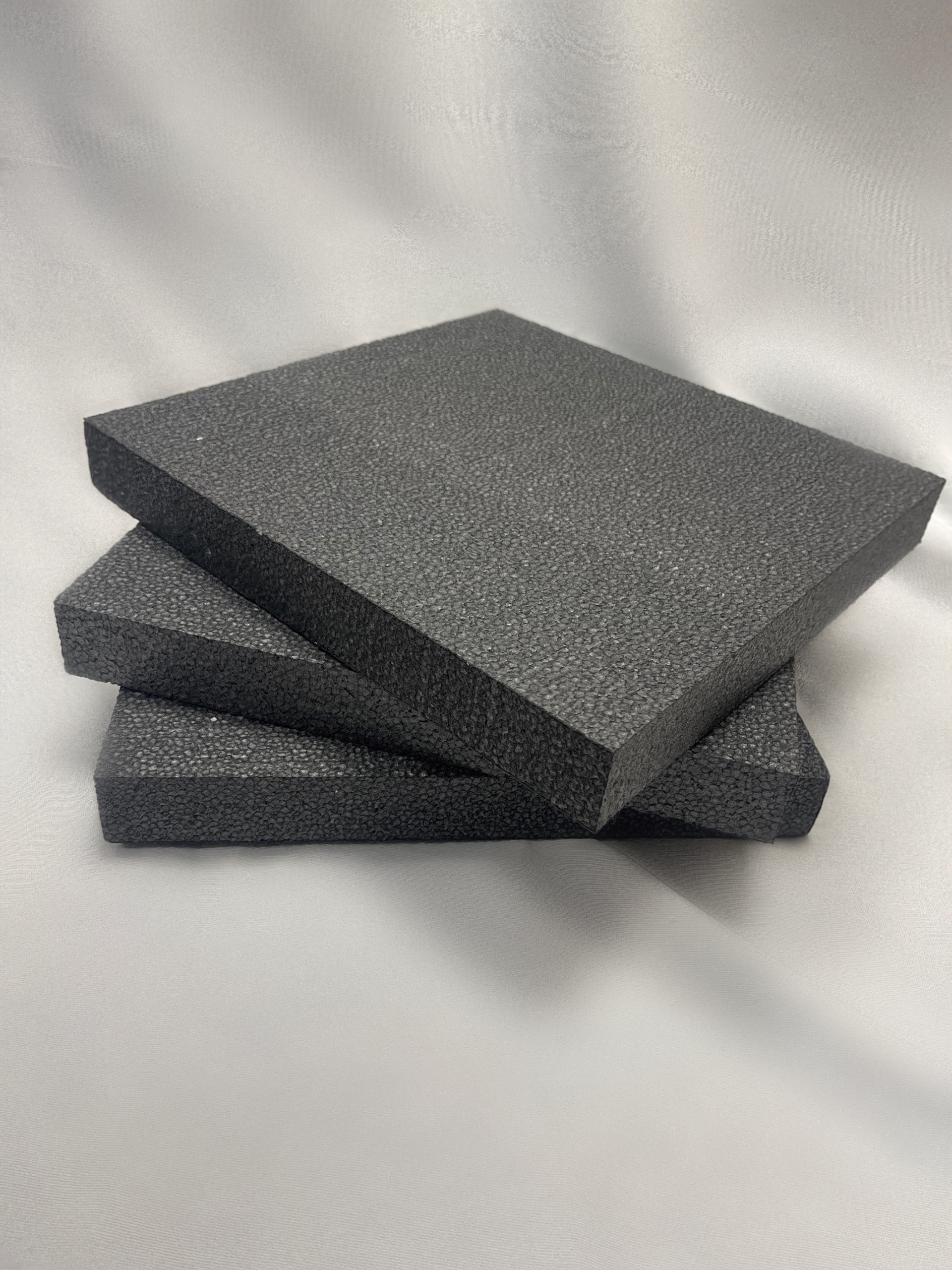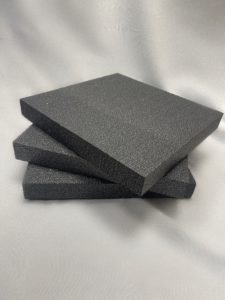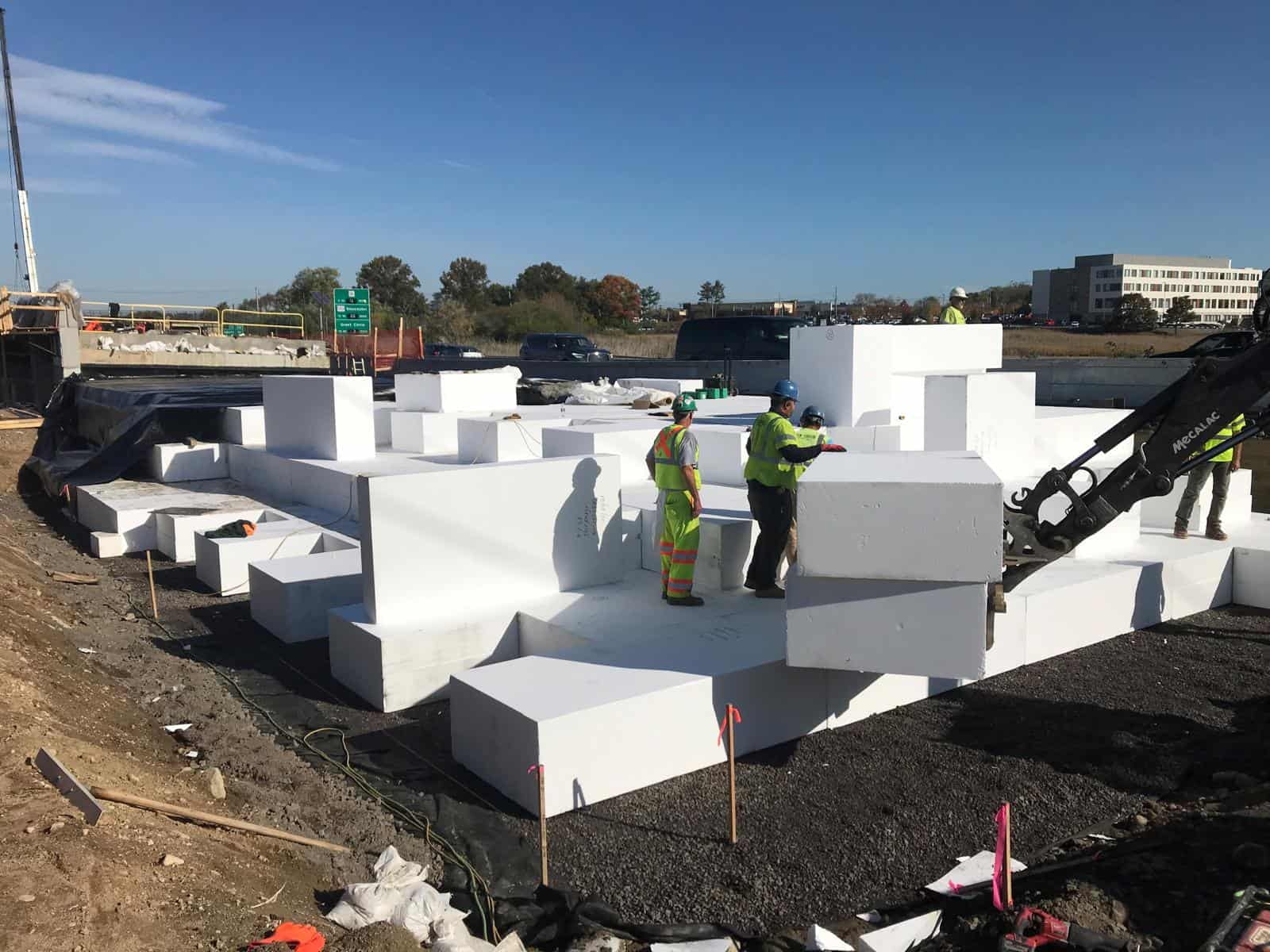Polynex Graphite (GPS) Insulation: A High-Performance, Sustainable Alternative to XPS
In today’s construction industry, energy efficiency, sustainability, and cost-effectiveness are critical factors when choosing insulation materials. Polynex Graphite Polystyrene (GPS) insulation, infused with graphite particles for enhanced thermal resistance, has emerged as an eco-friendly, high-performance alternative to Extruded Polystyrene (XPS). Here’s why GPS insulation is becoming the preferred choice over XPS for builders and architects.
Key Advantages of GPS Insulation
1. Superior Thermal Efficiency and Cost Savings
The graphite particles in Polynex GPS insulation reflect and absorb heat, providing higher R-values in a thinner profile compared to XPS. This allows for effective insulation with less material, making GPS both a space-saving and cost-effective choice for achieving top-notch thermal performance.
2. Environmentally Friendly Production
Unlike XPS, which often uses hydrofluorocarbon (HFC) blowing agents linked to high global warming potential, Polynex GPS is manufactured with a lower environmental impact. It avoids harmful emissions and aligns with green building standards, contributing to a reduced carbon footprint.
3. Optimal Moisture Resistance and Vapor Permeability
Polynex GPS provides an ideal balance between moisture resistance and vapor permeability, allowing water vapor to pass through while reducing the risk of moisture entrapment within walls. This breathability minimizes mold risk, making GPS more suitable for wall assemblies that need moisture management.
4. Long-Term Dimensional Stability
Polynex GPS insulation maintains its shape and R-value consistently over time, unlike XPS, which can shrink slightly and cause thermal bridging. Polynex GPS’s stable structure ensures long-lasting insulation performance, ideal for projects requiring durability and reliability.
5. 100% Recyclable and Aligned with a Circular Economy
Polynex GPS is fully recyclable, unlike XPS, which requires specialized recycling facilities. At the end of its lifecycle, GPS can be repurposed, supporting sustainable construction practices and reducing landfill waste.
6. Versatile Applications
From roofs and foundations to below-grade applications, GPS insulation’s thermal performance, moisture resistance, and cost efficiency make it highly adaptable to diverse building needs. It offers a reliable, sustainable solution across various environments and climates.
Conclusion
With superior thermal efficiency, eco-friendly production, and recyclability, Polynex GPS insulation provides clear advantages over XPS, especially for projects focused on sustainability and long-term performance. For more information on how GPS insulation from Poly Molding LLC can benefit your next building project, please email us at Info@polymoldingllc.com








